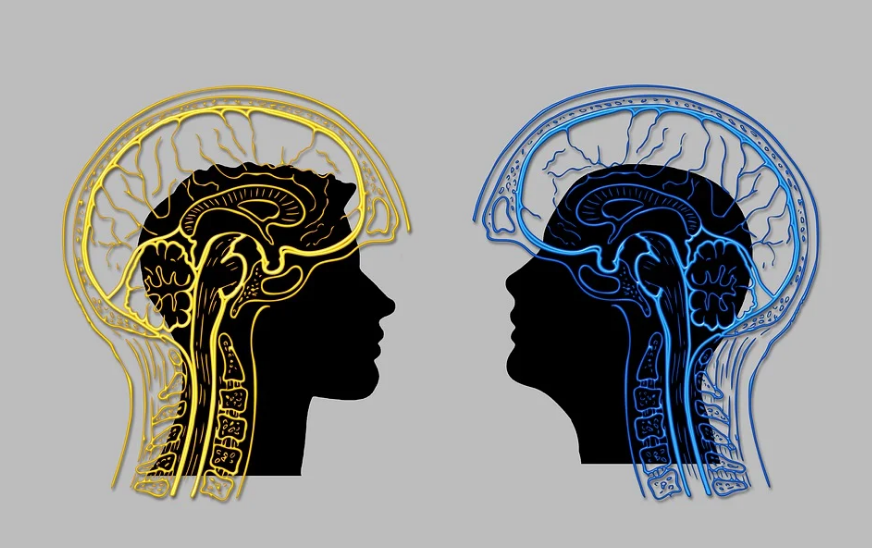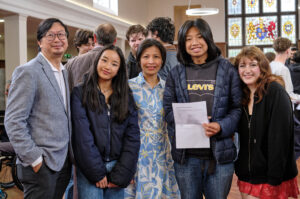Much like how we have a physiological immune system to help maintain physical health we also have a psychological system which protects our emotional wellbeing. They also have very similar properties. They are both protective, automatic (unconscious), hindered by stress and adaptive. So, during troubling times such as the present day our psychological immune system is more active than you realise.
This system functions in a variety of ways such as restoring positive emotions following a negative event; but how does it do so? When we as humans experience a negative event we feel corresponding emotions such as anxiety and sadness; and since these emotions may be very overwhelming we tend to overestimate the intensity and longevity of them due to our head being in a metaphorical grey cloud which we struggle to see through. However, negative emotions also activate our psychological immune system which helps us to accept a situation and focus on positive events – encouraging the production of positive emotions. To put some things into perspective, the hippocampus is associated with sadness as well as memory; so the psychological immune system aids in the transition within the hippocampus from sad events to a focus on good events going on in life.
Another way in which our psychological immune system works is by justifying your decisions, which is especially present in ultimatums and difficult decisions. To aid your understanding I’ll give you an example: you have a decision between going on a run or finishing your homework. If you choose to go on a run your psychological immune system will justify it, making it seem like the better option overall for you. The same happens if you choose the inverse.
Our psychological immune system is busy both while we experience negative events but also when we are experiencing negative emotions. Humans tend to overestimate how intensely and for how long we will experience them. These negative emotions activate the psychological immune system which helps us to make sense of the events in self-protective fashion, for example, it allows us to focus on other positive events which help us feel positive emotions to counter the negative ones. We underestimate how quickly our feelings are going to change mainly because we underestimate our ability to change them.
We also tend to make sense of negative events and as we do this, we acclimatise to them in a way that makes them less strongly affect our emotions. For example, if someone gets rejected in a job interview, they may explain this by blaming the interviewer by saying they were unpleasant and rude rather than blaming themselves. Furthermore, when negative events occur, we are unconsciously motivated to make the most of them and our emotional reactions change. Our psychological immune system often works so well that, in the long term, we often feel equally happy with what we have achieved despite originally aiming for higher.
There are ways to affect your psychological immune system both positively and negatively. The biggest negative effector is pessimism so clearly it is very important to remain optimistic. The psychological immune system can also be aided with the development of wellbeing techniques which can positively intervene and modify emotional reactions. So it is suggested that during this lockdown that you develop and find out what wellbeing techniques work for you!












